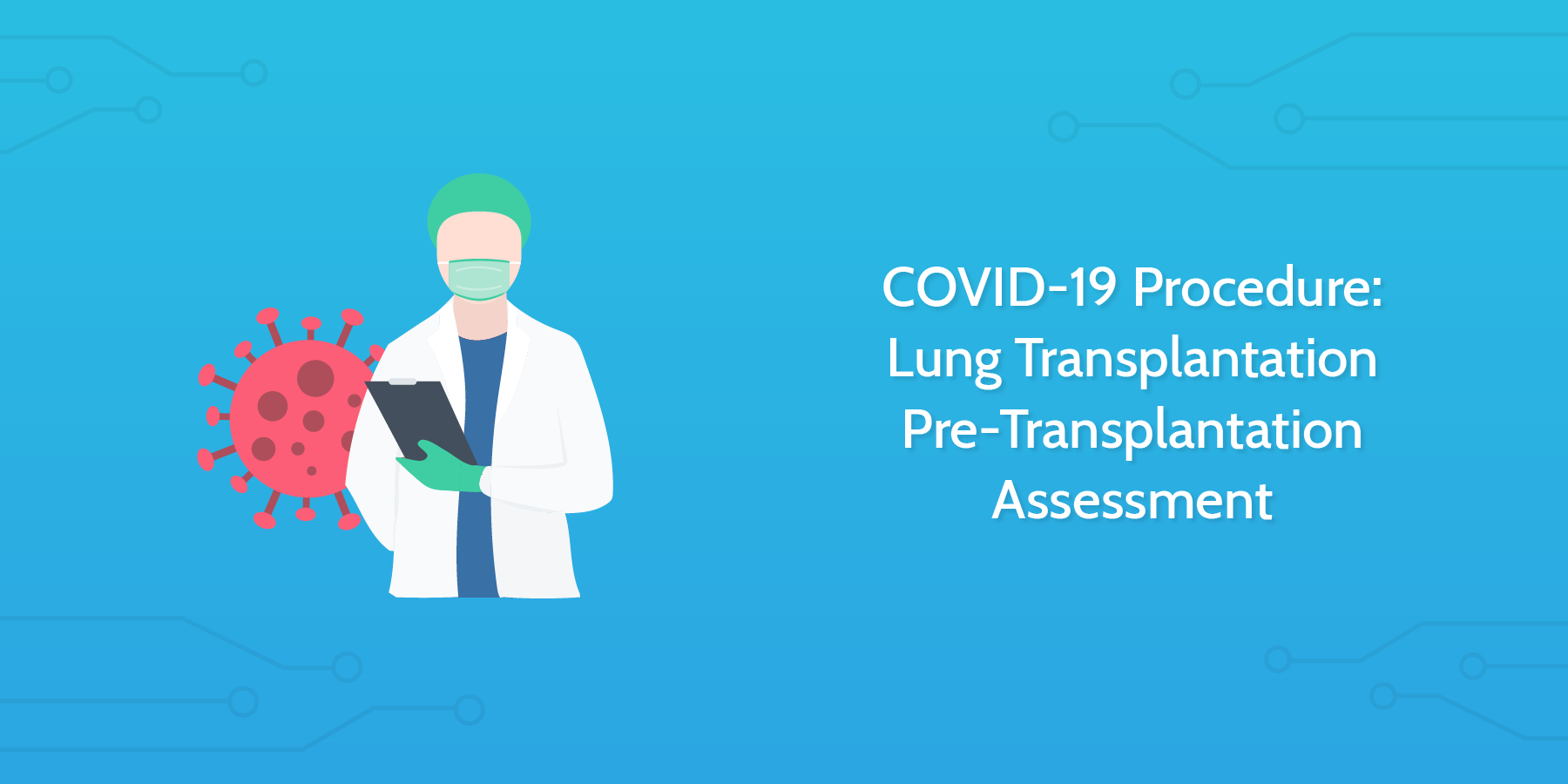This process template is part of our COVID-19 Procedures pack.
It is built as a reproduction of the procedures outlined in the Handbook of COVID-19 Prevention and Treatment (2020) produced by The First Affiliated Hospital, Zhejiang University School of Medicine (FAHZU).
FAHZU had great success in combatting the novel Coronavirus COVID-19 and this handbook outlines best-practices, procedures, and useful charts for hospitals and medical centers to practically employ.
The items contained within the handbook were compiled according to clinical experience.
You can edit this process template to adapt it to the specific needs of your institution. When you come to follow the procedure, you can run this template as a checklist. You can add form fields throughout the checklist to gather information. You can connect your Process Street account with other platforms via automation to automatically store or utilize any data entered into your checklists.
If you need support setting up automations you can visit our Help Site or contact our customer success team directly.
You can find the full handbook embedded below.

